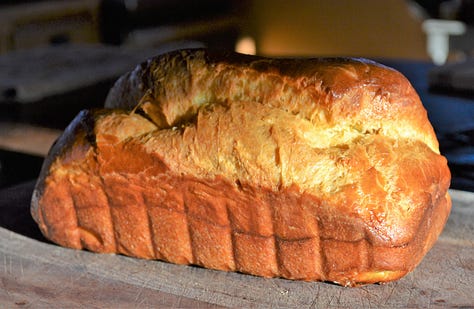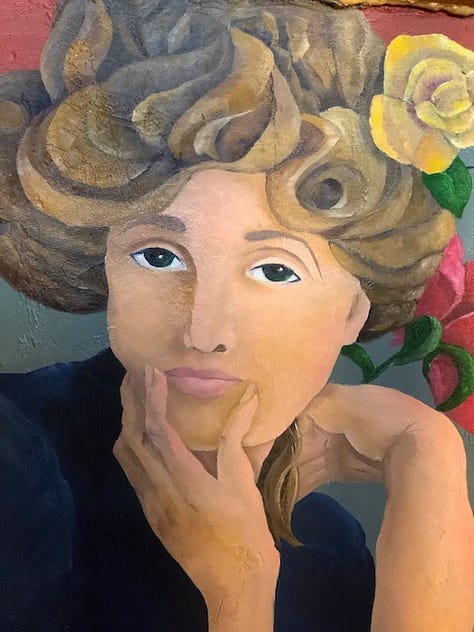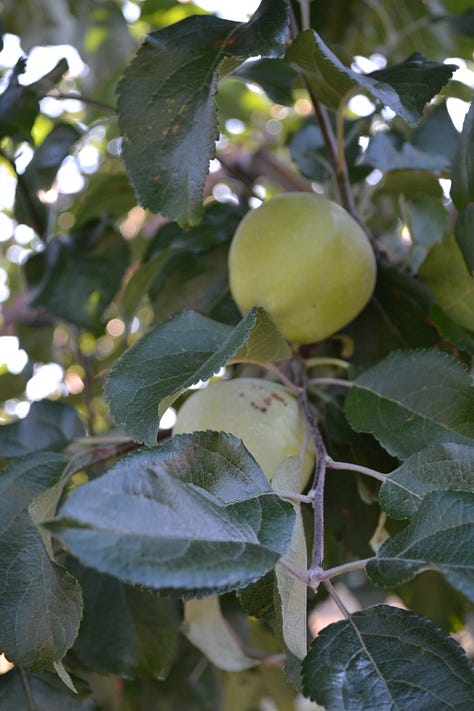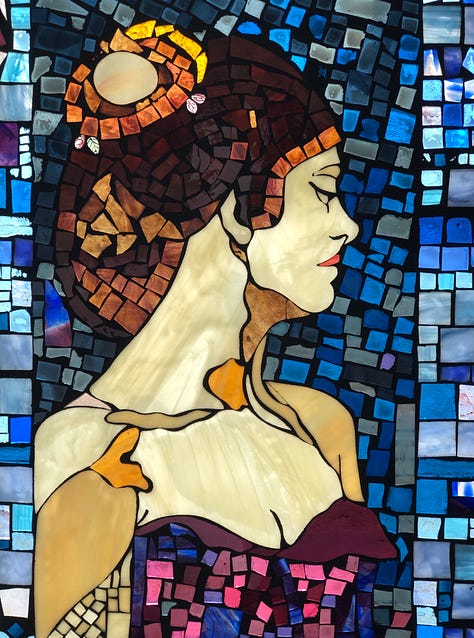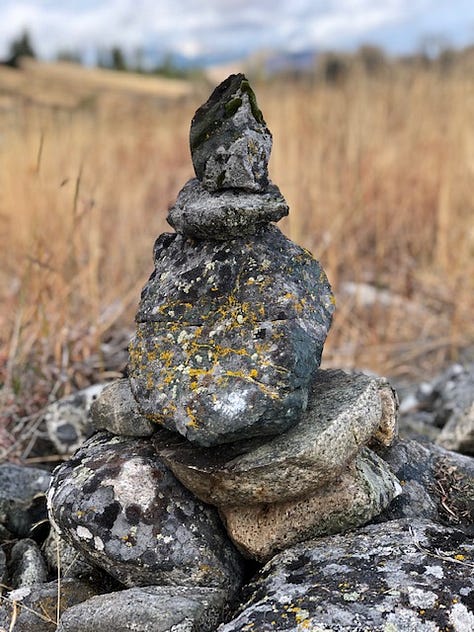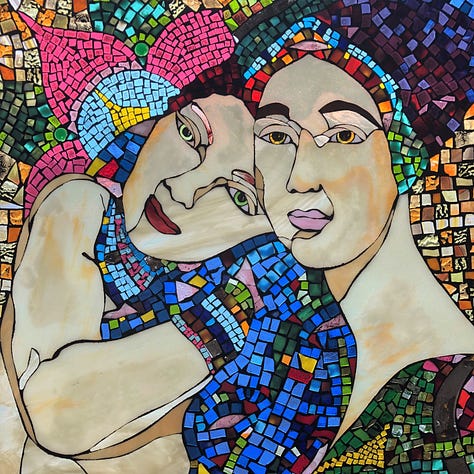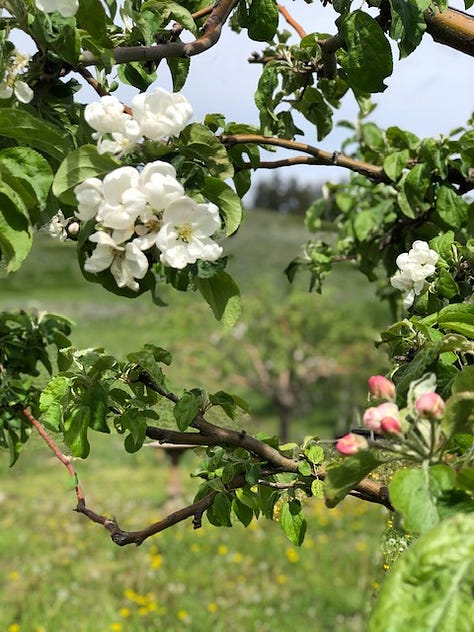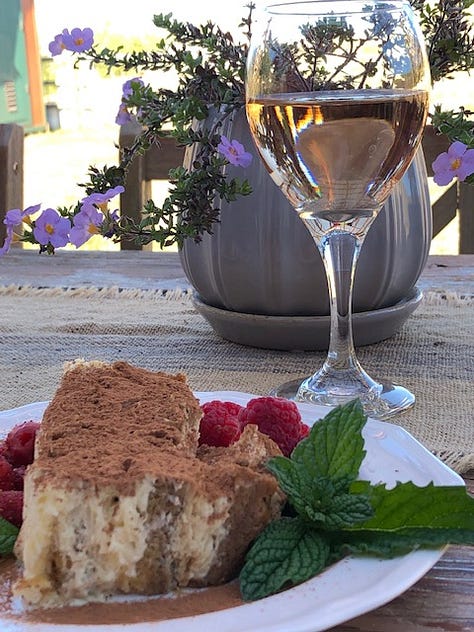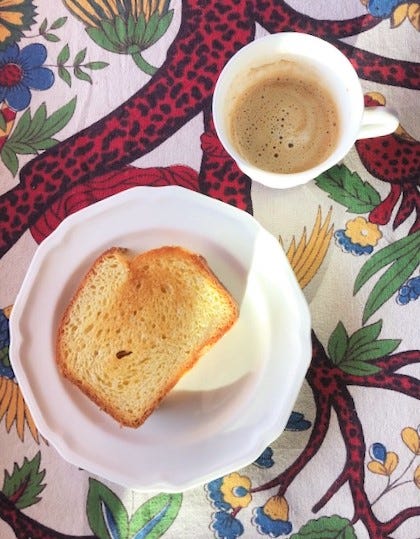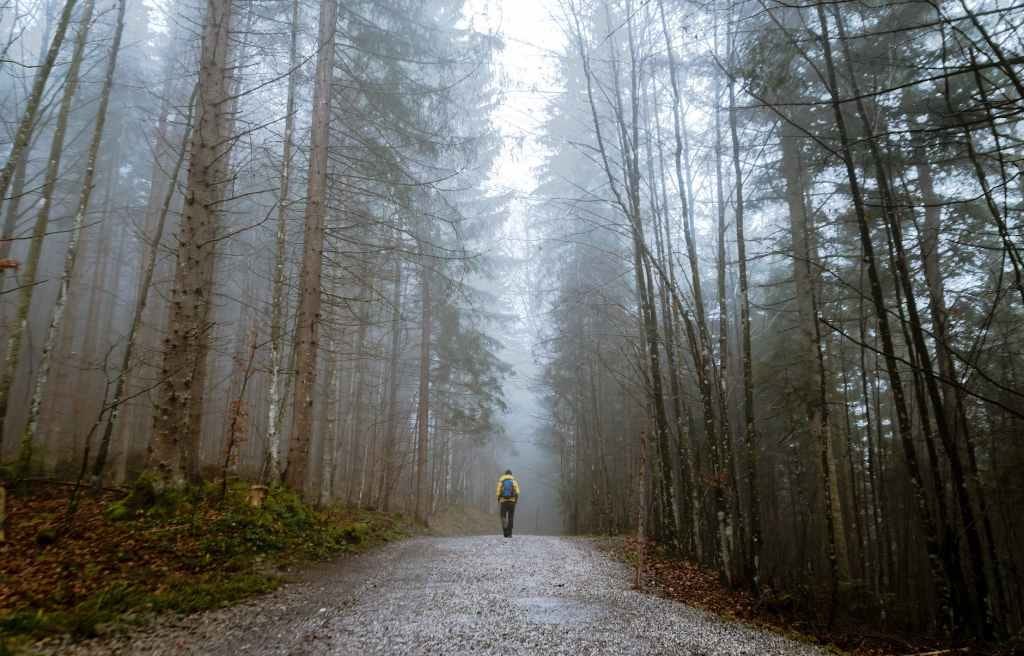The worst thing about living off grid is the isolation.
The best thing about living off grid is the isolation.
In isolation, one becomes adept at judging that which is beautiful, that which is true, and that which is useful, free from the inputs, opinions, and unsolicited advice of others.
In isolation, one hones the ability to discern.
“It seems that nothing is more difficult for the average man to bear
than the feeling of not being identified with a larger group.”Erich Fromm, Escape From Freedom
Over the past few years, I've been surprised and disappointed to witness how quickly so many I know have succumbed to group pressure at the expense of their own reason. Our first instinct, upon seeing someone who is otherwise reasonable give in to nonsensical behavior, is to blame ignorance. They just don't know. They don't understand. If only I explained it more clearly or showed them enough evidence… we tell ourselves.
We extend to them the benefit of the doubt but, inevitably, our attempts to share information fall flat again and again. Finally, we reach the disheartening conclusion that they don't want to know. They're not interested. They've adopted the belief they’re most comfortable holding and reject any information that might shatter it.
That's a hard pill to swallow.
At that point, the distance between us begins to grow emotionally, if not physically. They become uncomfortable with our insistence that they go deeper, and we become worn down and apathetic toward them. Finally, we accept that our conversations will never go deeper than the weather or the occasional shared pictures of our pets.
There’s grief in this realization, but liberation, too.
“If other people do not understand our behavior—so what? Their request that we must only do what they understand is an attempt to dictate to us. If this is being "asocial" or "irrational" in their eyes, so be it. Mostly they resent our freedom and our courage to be ourselves. We owe nobody an explanation or an accounting, as long as our acts do not hurt or infringe on them.
How many lives have been ruined by this need to "explain," which usually implies that the explanation be "understood," i.e. approved. Let your deeds be judged, and from your deeds, your real intentions, but know that a free person owes an explanation only to himself—to his reason and his conscience—and to the few who may have a justified claim for explanation.”Erich Fromm, The Art of Being
When we accept the distance between ourselves and those we once held dear - once the initial grief has passed - the burden of wondering what they would think of this or that dissipates. We become free in our minds and our hearts to act independent of their judgments and opinions. We become free to let go.
To clarify, I'm not speaking here of those we care for but merely disagree with. Disagreement and discussion are hallmarks of healthy relationships. Knowing someone - whether a friend, lover, or family member - requires a certain level of intimacy and openness. It requires mutual respect, vulnerability and the courage to share in discourse. These kinds of relationships are invaluable and precious.
I'm speaking, instead, about the relationships which are, by nature, tribal. They are marked by silent consent, unspoken rules, lack of intimacy, and lack of mutual respect. They are decidedly closed and, quite frankly, boring in their lack of curiosity.
When we find ourselves cutting ties with people we once considered close, it’s a good idea to reexamine our personal values and beliefs. Are they really ours or did they come from someone else? How did we ever become close to those people with whom we now have so little in common?
To know ourselves, we must define, weigh, and carefully examine the things we believe. Knowing what we believe leads us to knowing what we want.
This is the examined life. This is the point at which we take the road less traveled.
“Modern man lives under the illusion that he knows 'what he wants,'
while he actually wants what he is supposed to want.
In order to accept this, it is necessary to realize that to know what one really wants is not comparatively easy, as most people think, but one of the most difficult problems any human being has to solve.
It is a task we frantically try to avoid by accepting ready-made goals
as though they were our own.”Erich Fromm
Escape From Freedom
Why is this important? A person living by values which are self-determined is not easily swayed. On the other hand, someone who unconsciously adopts the values of his society, culture, or family without question is easily led by words like civic duty, greater good, and new normal.
When society tells him that he will eat bugs, he eats bugs. When society tells him he will own nothing, he gladly owns nothing - not even his own labor. At that point, he becomes a slave.
“It is naively assumed that the fact that the majority of people share certain ideas or feelings proves the validity of these ideas and feelings. Nothing is further from the truth. Consensual validation as such has no bearing on reason or mental health. Just as there is a "folie a deux" there is a folie a millions.
The fact that millions of people share the same vices does not make these vices virtues, the fact that they share so many errors does not make the errors to be truths, and the fact that millions of people share the same forms of mental pathology does not make these people sane.”Erich Fromm, The Sane Society
A society that has become irrational is a danger to everyone - even those who disagree with the absurdities. A society requires the acquiescence of its populace. When our silence is tacit compliance, participating becomes a moral issue.
Relying on a society built on falsehoods endangers one's survival. For instance, if a civil engineer is taught that "math is racist"1, woe be the train crossing his bridge.
Or the rancher who tries breeding two bulls.
Or the writer who learns that grammar doesn’t matter.
Or the farmer who thinks that plants crave Brawndo2.
Whether you participate in an individual’s delusion or in a society’s delusion, your participation lends validity to the delusion. It also puts you at risk in ways that may not be immediately apparent.
For these reasons, living consciously can save your life. We are each responsible for setting our own compass.
Here on the farm, there is no lie in nature, or rather, in God. Our chickens are chickens; our roosters are roosters. The pepper seeds I planted produced more peppers. The apple seeds, more apples. Each from its own kind. None of them are confused.
Nature is God’s Truth and Truth is the only thing that works. Without Truth - without God - things quickly fall apart.
In our purposeful isolation, we’ve turned our focus away from a world bent on selling us the new normal lie, and opted for authenticity instead. It’s cost us both more than a few relationships, but gained us true peace of mind.
